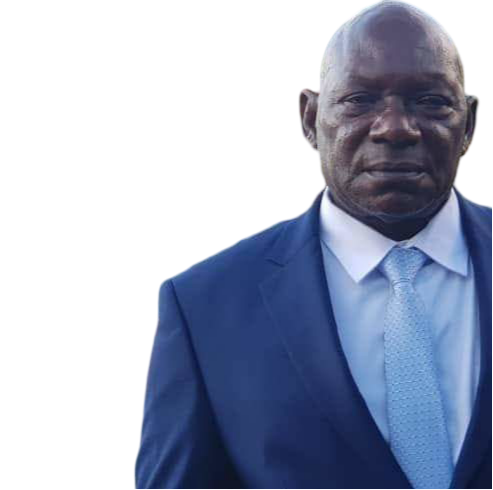The National Resistance Movement (NRM) risks significant long-term consequences, including a weakening electoral base and a loss of public narrative, if its top leadership remains overly focused on central-level politics and proximity to the President, while neglecting vital grassroots structures. This is the stark warning issued by Baluye Michael Waiswa, the Coordinator for the Office of the National Chairman (ONC) in Buyende District.
Baluye’s analysis, echoing growing concerns among local party cadres, highlights a critical disconnect between the party’s central command and its foundational structures in the villages. He argues that this top-heavy approach creates vulnerabilities that opposition forces are increasingly exploiting.
Weakening of Grassroots Structures: A Looming Crisis
According to Baluye, a primary consequence of centralizing attention is the severe weakening of local party structures. “When our senior party leaders are preoccupied with Kampala politics and being close to the President, local party committees – from village chairpersons to parish mobilizers – become under-supervised and starved of guidance and resources,” Baluye explained.
This neglect, he notes, leaves a vacuum that the opposition is quick to fill. “Opposition groups naturally capitalize on unattended local grievances, unmet service-delivery expectations, and the lack of direct engagement from ruling party officials. This creates a dangerous perception that the NRM is ‘distant’ and out of touch, while the opposition is ‘present’ and listening.”
Decline in Local Enthusiasm and Mobilization
Baluye further cautions that a disengaged top leadership directly translates into a decline in local enthusiasm and mobilization. “Grassroots leaders, feeling abandoned, may reduce their participation in party programs. Community meetings, barazas, and critical mobilization campaigns dwindle. What we then see is long-time NRM supporters becoming silent, apathetic, or even turning into swing voters, while the opposition appears more energetic and committed.”
Narrowing of Political Intelligence and Strategic Blind Spots
Another critical threat, as identified by the Buyende ONC Coordinator, is the narrowing of the NRM’s political intelligence. “When top officials operate within a tight inner circle around the President, they lose access to real-time information from villages, early warnings about shifting local opinions, and crucial feedback on service delivery failures,” Baluye stated. “This leads to strategic blind spots that the opposition expertly uses to its advantage, leaving the NRM leadership potentially unaware of simmering discontent until it’s too late.”
Opportunity for Opposition to Reframe the Narrative
The absence of a robust NRM presence at the local level also grants the opposition a golden opportunity to shape public perception. “If the opposition is the only side speaking directly to villagers, they can unilaterally shape narratives about poverty, inequality, and perceptions of corruption or neglect,” Baluye warned. “They can foster a community identity where people feel ‘this party listens to us; the other one no longer does.’ Even if the NRM retains state power, losing this narrative battle severely weakens its long-term legitimacy.”
Internal Party Frictions and Electoral Erosion
The concentration of party attention at the center also breeds internal frictions. “Ambitious local leaders may feel overlooked and, in some cases, defect. Factions based on local versus central loyalties can emerge, making it difficult for the party to maintain unity, particularly during primaries and internal elections,” Baluye elaborated, noting that opposition parties often exploit these divisions.
Ultimately, Baluye predicts that this strategic oversight will lead to reduced performance in elections. “If the opposition builds trust at the grassroots while the ruling party focuses upward, voter turnout for the NRM will decline, strongholds will weaken, and the opposition will gain more local council and eventually parliamentary seats. While national-level power might seem secure in the short term, the electoral landscape will undoubtedly shift in the long term.”
Pressure on the President and CEC
Baluye concludes by asserting that if village dissatisfaction continues to grow, it will inevitably put immense pressure on the President and the Central Executive Committee (CEC). “The President may be forced to personally reconnect with rural structures, and the CEC may have to undertake drastic reforms of mobilization strategies. This often manifests in periodic reshuffles, disciplinary measures, or emergency mobilization campaigns – all reactive measures to a problem that could have been prevented.”
Baluye’s message is clear: For the NRM to sustain its dominance and connect effectively with its base, its top leaders must invest time and resources into managing campaigns through all party structures, rather than leaving the vital local structures unattended and vulnerable.



